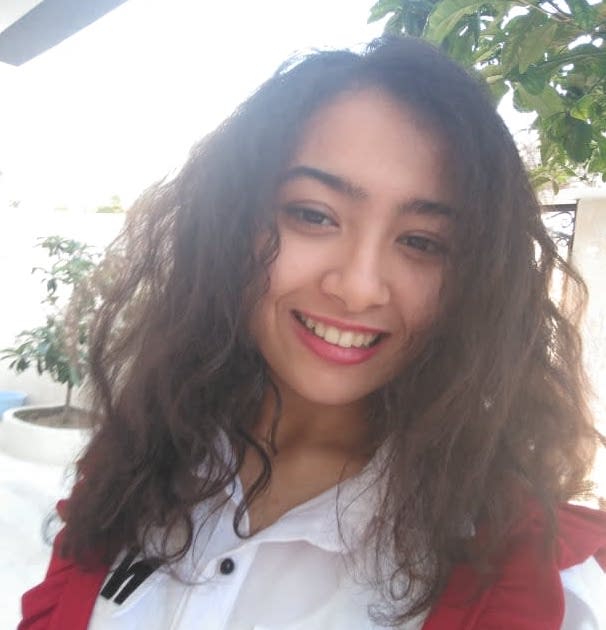
Surviving Covid-19 with My Family
Tharwa Boulifi celebrates her family's love and resilience while jointly recovering from Covid-19.
Tharwa Boulifi celebrates her family's love and resilience while jointly recovering from Covid-19

During the first lockdown imposed by the Tunisian government, many doctors avoided the hospitals for fear of exposure to coronavirus. However, my father continued working regularly, much to my mother's chagrin. We were concerned that his age put him at risk of contracting the virus, and worried more after two of his colleagues at the hospital tested positive. Still, he carried on working as if nothing happened, not letting fear overcome him.
But we knew not to hold any grudges against how much my father loves his job. Ever since he took the Hippocratic Oath over thirty years ago, he has dedicated his life to medicine; so much so, that he listens to his patients' problems and has, many times, offered them financial assistance. Not even the stress of his job and Tunisia’s decrepit public health system has dampened his enthusiasm.
Then in mid-October, my father came home from work earlier than usual. He informed my mother that he’d tested positive for Covid-19 during a regular health check and needed to quarantine. We were all stunned by the news. Also, because I’d experienced some symptoms that morning, he decided that both of us should quarantine. We were both worried about my chronic auto-immune disease, afraid that my health would deteriorate.
For the first time in my life, I became aware of my own mortality and the possibility of imminent death. Death per se didn’t scare me as much as mortal agony and the sorrow of losing loved ones. Alone in my room, these dark thoughts plagued me more than the virus itself.
A few days later, my mother and brother also fell sick, increasing my fear. I worried my life might mirror Dr Rieux's, the main character in Albert Camus’s novel, The Plague, who ended up alone having lost all his friends and patients to a pestilence.
As one might imagine, the first days of the illness were hard on my family. None of us could smell or taste anything, and in addition to the physical fatigue, an atmosphere of anxiety and stress beset our home. We constantly fretted over one another, with each person blaming themselves for infecting the others. Since we were all sick, we took turns in performing chores, like cooking and serving meals, based on how strong each person felt on a particular day. But most days, we were too exhausted and wanted to remain in bed as our bodies fought off the fever. In spite of his fatigue, my father regularly checked on everyone, and prescribed vitamins to reduce the symptoms.
That said, there were fun moments, too. For the two weeks we were ill, we had open conversations in which we expressed our fears about life and Covid-19. We also spent several nights watching movies, playing games, and reminiscing about the 'good old days' before the pandemic broke. Being isolated from the rest of the world gave us, especially my parents, a pause from the high tempo of modern life and its pressures. It made us appreciate each other even more knowing life is uncertain.
As a child of a medical practitioner, I understand firsthand the gravity of Covid-19 and know how scary these trying times can be for families of essential workers. Watching them leave for work each day, worrying constantly that they might get infected or die is daunting as it is depressing. But if this pandemic has revealed anything to me, it’s the dogged altruism of these communities of essential personnel around the world. In spite of the hardships and poor working conditions in Tunisia, doctors and other frontline workers refuse to retreat from the battle against a pandemic with no end in sight. For many, they are a ray of sunshine in the unrelenting, interminable rainstorm.

